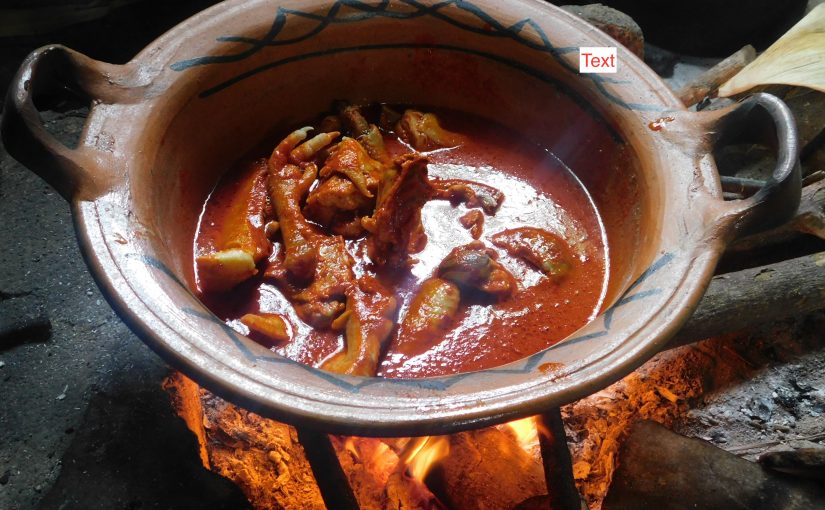In this lesson we will learn about some professions in Nahuatl. We will learn how to use the singular and plural versions of substantive nouns related to these titles.
Xōchipitzāhuatl Instrumental con El Trío Colatlán del Tío Laco CC BY Annette Fradera
A: Piyali Catalina, ¿tlen titequiti ta?
B: Na nitlamachtihquetl.
A: ¿Tlen titlamachtia?
B: Nitlamachtia nāhuatl. ¿Huan ta?
A: Na nocca nimomachtihquetl. Nimomachtia tlapōhualiztli.
B: Cualtitoc, nocca mītzpolohua.
A: Quēna cah.
A: Hello Catalina, what work do you do?
B: I am a teacher.
A: What do you teach?
B: I teach Nahuatl. And you?
A: I am still a student. I study accounting.
B: Excellent, you still need more (studies).
A: Yes, (see you) then.
In the case of the professions, the present tense verb forms the word stem while a deverbal suffix turns it into a noun. For example:
The verb, momachtia deletes its final “a,” and the suffix “-hquetl” adds marking the singular. However, for the plural the suffix “-nih” adds to the stem. For example:
In this way, every root word goes through a small grammatical transformation. Here we present another example where a verb loses its last vowel to mark the singular, but maintains its original form to mark the plural:
tlachpana (to sweep) → tlachpānquetl (one who sweeps) → tlachpanānih (those who sweep)
Here we show how we would conjugate these professions with singular and plural pronouns:
nimomachtihquetl “I am a student”
timomachtihquetl “you are a student”
momachtihquetl “he/she is a student”
timomachtianih “we are students”
inmomachtianih “you all are students”
momachtianih “they are students”
/tlachpānquetl/
nitlachpānquetl “I am a street sweeper”
titlachpānquetl “you are a street sweeper”
tlachpānquetl “he/she is a street sweeper”
titlachpānanih “we are street sweepers”
intlachpānanih “you all are street sweepers”
tlachpānanih “they are street sweepers”
Here we present other titles related to professions:
Now change the following professions back to their root verb and also change them to their plural form.
Tlamachtihquetl (teacher) → tlamachtia (to teach) → tlamachtianih (teachers)
Tlachpanquetl
Tēpahtihquetl
Tēīxcopinquetl
Tlahcuilohquetl

